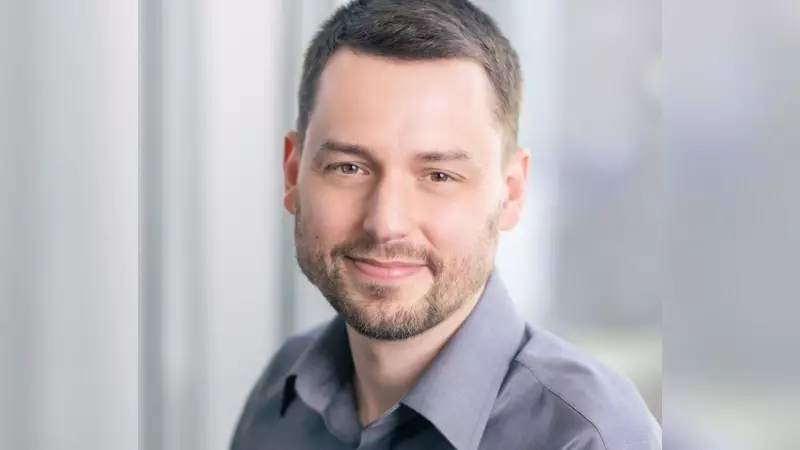
In a significant move to bolster artificial intelligence safety protocols, OpenAI has established a new Safety and Security Committee led by Carnegie Mellon professor Zachary 'Zico' Kolter. This development comes at a crucial time when concerns about rapid AI advancement are growing globally.
The Power to Stop Unsafe AI
The newly formed committee holds substantial authority within OpenAI's operations. Most notably, Professor Kolter and his team have the power to halt the release of any AI model they deem unsafe or potentially harmful. This veto power represents one of the most concrete safety measures implemented by a major AI company to date.
Who is Zachary Kolter?
Zachary Kolter is no newcomer to the field of AI safety. As an associate professor at Carnegie Mellon University's Computer Science Department, he has built a reputation as a leading voice in AI security and robustness research. His academic work has consistently focused on making AI systems more reliable, transparent, and safe for real-world deployment.
Committee Composition and Mandate
The safety panel includes other prominent figures in AI research and security. Their primary responsibilities include:
- Evaluating all new AI models before public release
- Developing comprehensive safety protocols
- Monitoring ongoing AI deployments for emerging risks
- Recommending improvements to existing safety measures
Timing and Implications
This safety initiative comes shortly after several high-profile departures from OpenAI's safety team, including co-founder Ilya Sutskever and safety researcher Jan Leike. The establishment of this independent committee signals OpenAI's commitment to addressing growing concerns about AI safety from regulators, researchers, and the public.
With Kolter at the helm, the AI community watches closely as this academic-turned-safety-overseer takes on one of the most critical roles in shaping how artificial intelligence develops and deploys in the coming years.





